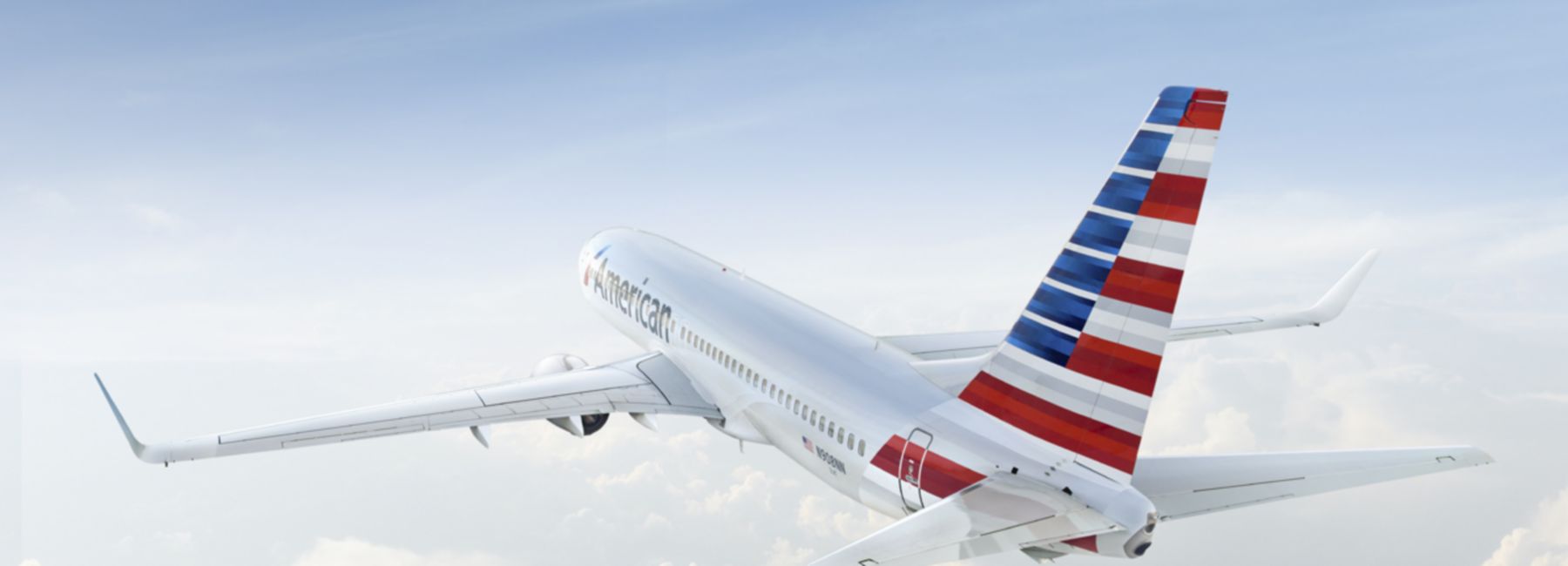Founded in 1930, American Airlines, headquartered in Fort Worth, Texas, is one of the largest airlines in the world. Together with regional partner American Eagle, they offer thousands of daily flights to more than 350 destinations in 55 countries and territories.
Modernization and migration on the horizon
American Airlines is sure to benefit from the expected 67% rise in the industry’s passenger revenue this year, to $378 billion. That can have a positive impact on the sector’s IT spend, which is already trending up as airlines look to streamline and digitalize operations and customer journeys, according to SITA’s 2021 Air Transport IT Insights. Technology modernization is a key focus for American Airlines, with work underway to drive simplicity, enhance efficiencies and enable agility.
“As a 90-year-old airline and one of the first airlines to really embrace technology, it's safe to say that we have a lot of legacy technology around,” says Maya Leibman, who was American Airlines' CIO for around 10 years. American’s delivery transformation journey has a wide scope, including cloud migration and mainframe modernization, as well as cultivating a DevOps mindset.
Of course, maintaining reliable and stable operations are key to the airline as it continues transforming its technology infrastructure. DXC has been a partner with American Airlines for more than 20 years, performing a significant amount of work including running some of the airline’s most critical systems and vital applications. The long-standing partnership that American has with DXC gives Leibman confidence that the airline will be able to meet the new challenges that come in the dynamic and complex industry.
In addition to helping American Airlines transform the code base of legacy systems to cloud, “DXC is helping us dramatically modernize by getting us off of old mainframes and onto new and modern infrastructure, which eliminates years of technical debt,” Leibman says.
Cloud, data and automation in American’s transformation
Airline former CIOs’ top priorities include investing in cloud services and business intelligence solutions, according to SITA’s report; 95% of its survey respondents name the former and 85% note the latter on their list of major programs and R&D plans by 2024. American Airlines sees building a digital technology foundation in the cloud as essential for future resilience, and harnessing the value of data is critical to reimagining everything from its own operations to the experience of employees and customers.
“DXC is bringing us expertise in new technology, such as robotic processing automation (or RPA), and the next generation of data and analytics platforms, as well as helping us on our journey to the cloud,” says Leibman. “These efforts have saved us a lot of time and effort. And, in the case of RPA, have literally automated thousands of manual hours.”
DXC is supporting the delivery transformation journey to cloud by modernizing operational workloads and legacy applications to give the airline flexibility and deliver results faster. By applying the power of AI, machine learning and data analytics, DXC helps American Airlines increase prediction accuracy for aircraft touchdown times and runway arrivals. More accurate predictions allow for smoother, more streamlined operations. DXC data scientists partnering with American Airlines have been able to increase touchdown time accuracy by more than a minute.
Leibman also notes that DXC brings proactive, high-caliber talent to support some of American Airline’s most critical technology. DXC employees have adopted American’s DevOps culture, and are embedded in its product teams, helping the airline to deliver speed and value to its customers — close to 200 million yearly passengers. To transform development, American is working with DXC to implement DevOps toolchain and practices for its mainframe-based Flight Operating System (FOS) application, a mission-critical system for flight schedules and crew management.
Working together for a better future
As a key partner in American Airline’s delivery transformation, DXC is advancing the airline's capabilities, says Leibman. “DXC is showing up in a new and modern way and being really proactive in helping us solve the challenges that we face.
“It's not an overstatement to say that we wouldn't be flying without DXC. We have plans for many more years together.”




